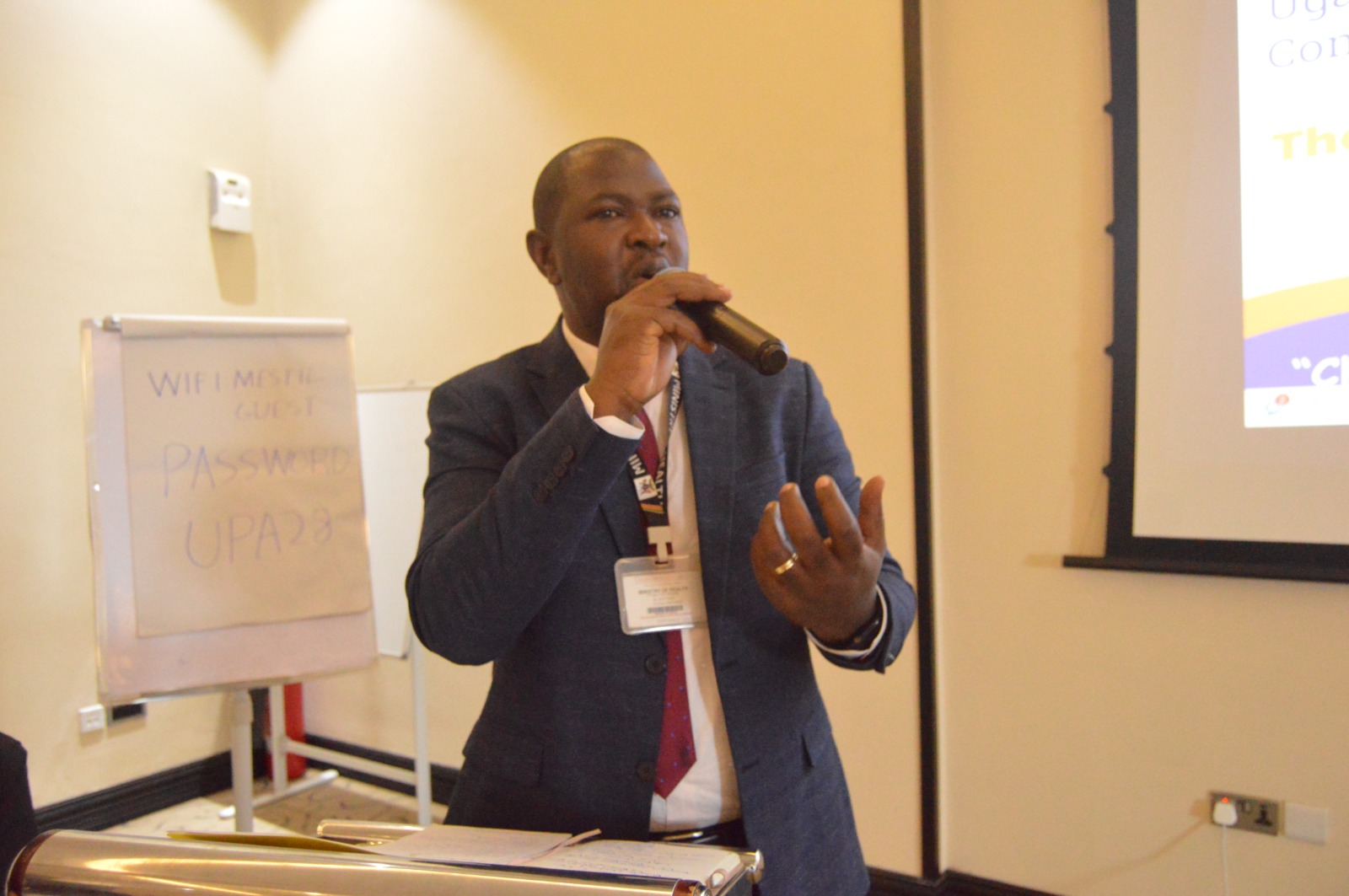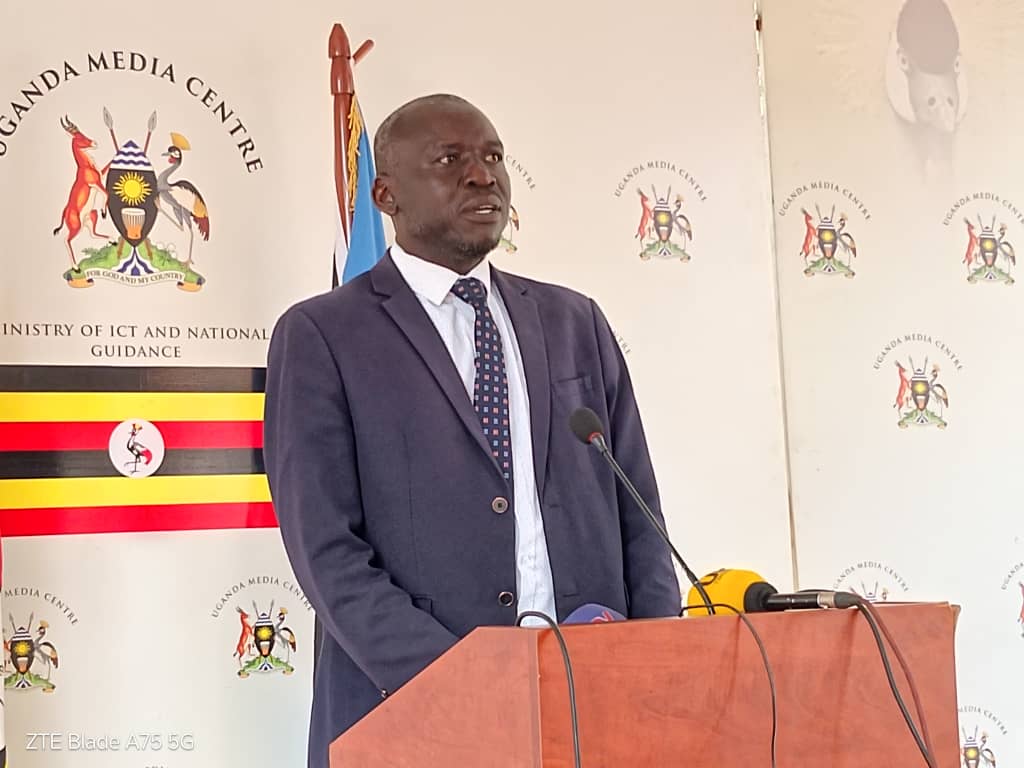Dr. Rony Bahatungire, the Acting Commissioner in charge of Clinical Services, has urged paediatricians to intensify their efforts in treating non-communicable diseases (NCDs), malaria, and reducing malnutrition among children.
Representing Dr. Jane Ruth Aceng, the minister of Health, Bahatungire addressed paediatricians at the 21st Annual Uganda Paediatric Association Conference held at the Mestil Hotel in Kampala.
“I am pleased to welcome you to this annual conference and urge you to strengthen your efforts in combating non-communicable diseases, malaria, and malnutrition-related cases,” Bahatungire said.
He emphasized that the conference theme, Increasing Access to Child Healthcare, was timely for educators, paediatricians, and policymakers.
Bahatungire assured attendees that the government is prioritizing newborn and maternal health by expanding strategic investments in child and maternal healthcare, with a focus on improving primary healthcare services.
He stressed the importance of expanding neonatal and childcare services, noting that research is being translated into practice and that the Uganda Paediatric Association’s representation on key child healthcare committees is being secured.
Dr. Anne Akullo, President of the Uganda Paediatric Association (UPA), called on members to uphold the highest professional standards, particularly when working in remote areas with limited resources, such as neonatal equipment in upcountry hospitals.
She noted that many rural communities in Uganda face a shortage of neonatal professionals, neonatologists, biomedical officers, and nurses, as well as inadequate equipment and infrastructure in newborn units to support child and maternal healthcare.
Dr. Ritah Nazziwa, who recently conducted studies on newborns in Western Cape, South Africa, pointed out that the survival rate of newborns in Uganda remains low due to a lack of medical equipment and insufficient trained medical personnel.
Dr. Victoria Nakibuuka argued that training medical workers alone is insufficient, emphasizing that comprehensive measures are critical to addressing these challenges effectively.
Other presenters urged the government to address risks facing newborns, including birth asphyxia, sepsis, and prematurity.
The conference attracted midwives, academics, paediatricians, neonatologists, biomedical officers, and pharmacists from Uganda, India, Kenya, and South Sudan.







